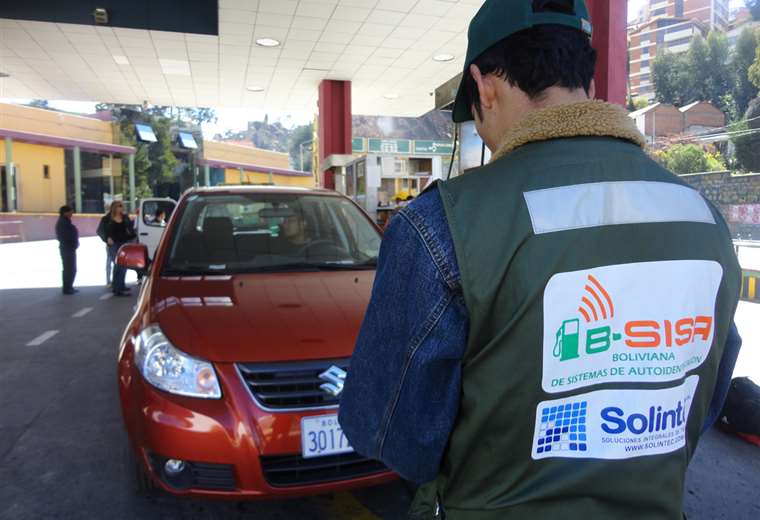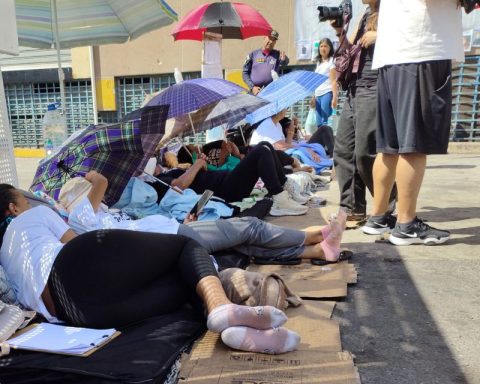Taking a look at the budgets that the federal government allocated to each area, between 2019 and 2022, shows that social inequality has worsened. It was by opting to drain social policy funds that the Jair Bolsonaro government ended its term with a surplus of BRL 54.1 billion, according to the report after dismantlingfrom the Institute of Socioeconomic Studies (Inesc), released this Monday (17).
At the time, the surplus was highlighted as the best result since 2013. One of the areas that suffered the most budget reduction was the protection of women, even though it was one of the banners of the extinct Ministry of Women, Family and Human Rights. According to Inesc, Ligue 180, the channel that receives reports of violence against women, had a 41% decrease in spending over the four years of Bolsonaro.
Another important piece of equipment, for formalizing complaints and welcoming victims, the Casa da Mulher Brasileira was kept stagnant in 2019, when nothing was spent. In that year alone, there was a promise from the then minister of the portfolio, Damares Alves, to inaugurate five more units: in the neighborhood of Cambuci, in the capital of São Paulo, on Ilha de Marajó (Pará) and in Amazonas and also in two points from the periphery of the Federal District.
In 2020, the resources used for the Casa da Mulher Brasileira, across the country, totaled R$ 225.2 thousand. In the following year, they rose to R$ 1.2 million and in 2022, to R$ 21.2 million.
With regard to the female population, the resources available for actions remained at the same level, at BRL 56.6 million, when comparing the years 2019 and 2022. Furthermore, in 2020, in the first year of the covid-19 pandemic , only 29.4% of the budget set aside for this purpose was used.
Still in relation to social minorities, Bolsonaro’s anti-indigenous position was reflected in the endowment of the then National Indian Foundation (Funai). From 2019 to 2022, the amount available to the agency fell from BRL 754 million to BRL 640 million. As pointed out by Inesc, in 2010, the budget per capita of the foundation was BRL 899/indigenous, while in 2022 it was less than half of that amount, BRL 400/indigenous. The institute’s report also highlights that the number of Funai employees, for every thousand indigenous people, fell by 68% in the period, which also shows how Bolsonaro conducted the indigenous policy.
As for racial equality actions, Inesc recalls that, from 2019 to 2020, the amount dropped from R$ 18.2 million to R$ 3 million. In 2021, the value was almost insignificant, at BRL 231.1 thousand, recovering only in the following year, when it was increased to BRL 6.9 million. Another example of a resource that was only expanded in the last year of government, when Bolsonaro was preparing to run for re-election, was spending on basic food baskets for quilombolas, which went from R$ 19 million, in 2019 and 2020, to R$ 298.4 million.
In the balance of the Union’s expenses, Inesc refers to other items, such as those related to the maintenance of day care centers, which fell by 60% in four years of government, education and housing. Other data also show how the previous government broke its commitment to institutions such as the Chico Mendes Institute for Biodiversity Conservation (ICMBio), which had a 32% drop in its budget.
In addition to the cuts, the Bolsonaro government adopted a maneuver to gain support in the National Congress, with the release of funds to parliamentarians. The secret budget is another aspect addressed by Inesc in the report and represents Jair Bolsonaro’s priorities and the way he commanded, in the assessment of economist and doctor in social policies Nathalie Beghin, who is a member of Inesc’s collegiate.
“Those who benefited, essentially, were the parliamentarians, at the expense of the people themselves. Thirty billion. From 2020 to 2021, more than R$ 30 billion went to parliamentarians from the base of the Bolsonaro government. It is a quarter of the health budget , it was formerly a Bolsa Família. It is a budget that went to the base, which we do not know, because it is called ‘secret’ for that very reason, because we do not know very well which parliamentarian was benefited and received this resource ” , he says.
For the expert, even with the additions from the Proposed Amendment to the Constitution (PEC) of the Transition, which guaranteed, for example, R$ 22.7 billion for the Ministry of Health alone, the federal government will face difficulties in restructuring programs and policies.
“I couldn’t say that an area has satisfactory resources, because they all lost a lot of money, which was not replaced by the Transition PEC. working in a devastated land. The social, racial, gender debt is very big”, says Nathalie.
A Brazil Agency got in touch with Fábio Wajngarten, who currently advises former President of the Republic Jair Bolsonaro, but had no response as of this writing.















